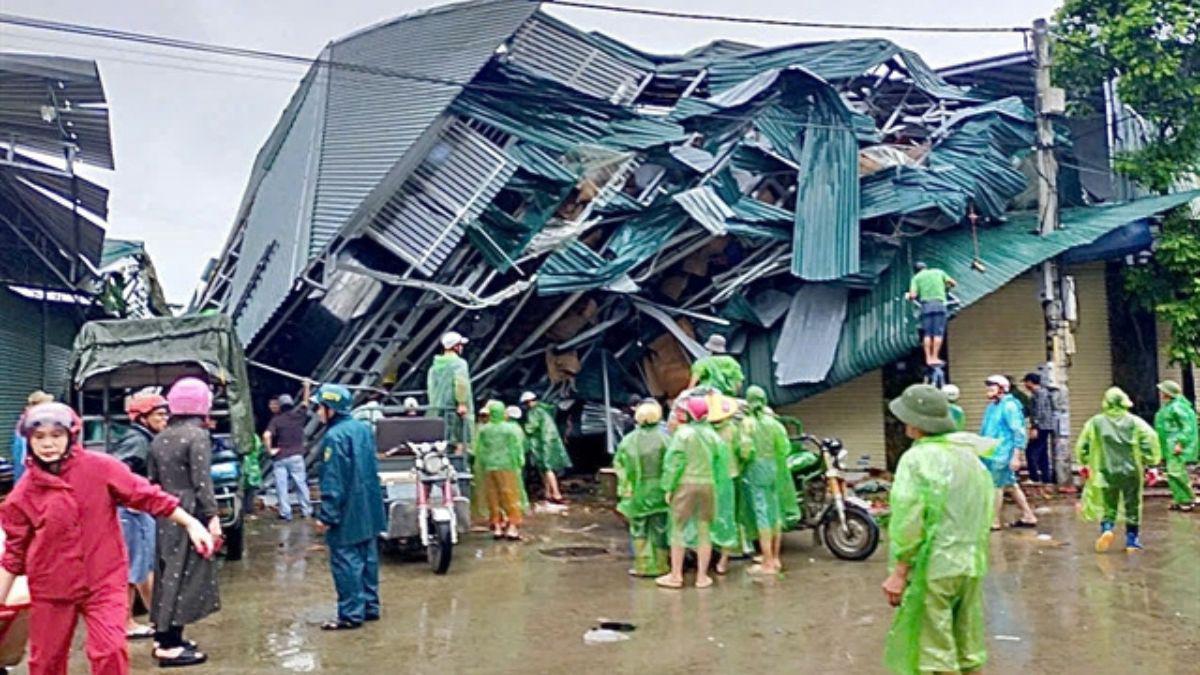The Asian Development Bank (ADB) has approved a $2 million grant to assist Vietnam in its response to the recent devastating typhoons that impacted the country. This financial aid aims to support recovery efforts, particularly in the hardest-hit areas, as Vietnam grapples with the aftermath of severe weather conditions.
The grant will facilitate the delivery of essential supplies, including food, clean water, and medical assistance, to communities affected by the typhoons. Additionally, it will help restore critical infrastructure such as roads and bridges that were damaged, ensuring that displaced families can access vital services and resources.
Vietnam has experienced an increase in the frequency and intensity of typhoons, a trend attributed to climate change. Recent reports highlighted that Typhoon Haikui and Typhoon Doksuri caused significant damage in several provinces, with flooding affecting thousands of households. The government has been working to manage disaster response effectively, but the scale of the damage has necessitated international assistance.
The ADB’s grant comes as part of its ongoing commitment to support Vietnam in strengthening its disaster resilience. In 2022, the bank provided $1.3 million to enhance the country’s capacity to manage climate-related disasters. ADB President Masatsugu Asakawa emphasized the importance of timely assistance, stating, “This grant will help vulnerable communities recover quickly and build back better.”
The grant’s approval aligns with Vietnam’s broader strategy to bolster its disaster management framework. The government aims to implement better preparedness measures and enhance response capabilities to mitigate the impact of future natural disasters.
As Vietnam continues to face challenges from extreme weather, the collaboration between local authorities and international partners like the ADB is crucial. This recent support underscores the need for sustained efforts to protect vulnerable communities and ensure long-term recovery and resilience in the face of climate change.

